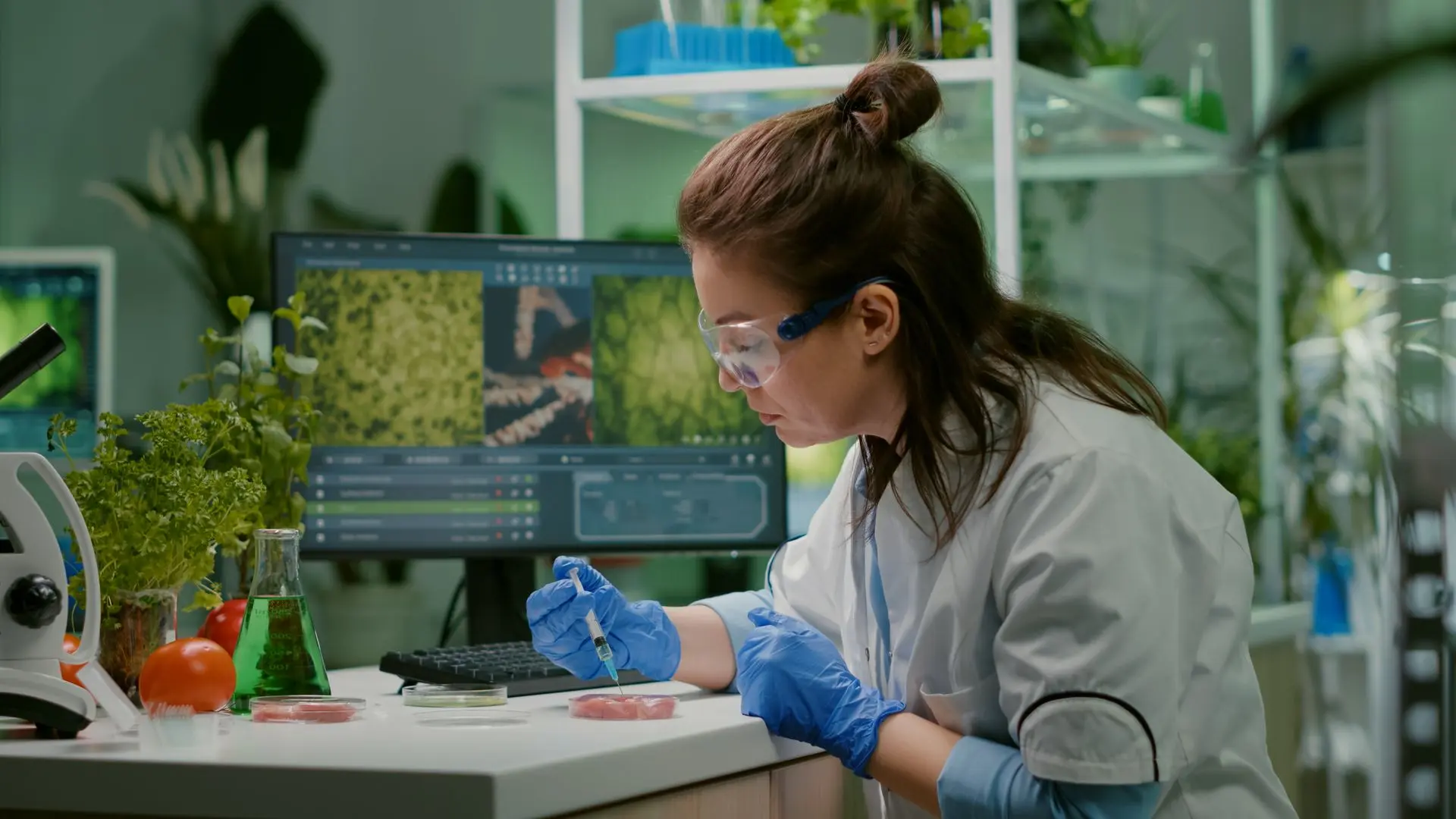Key Objectives and Activities of the IDC:
Advancing Diagnostic Innovation:
The IDC supports the development and dissemination of innovative diagnostic tools that are affordable, accessible, and suitable for use in resource-limited settings.
The center fosters partnerships between researchers, healthcare providers, and technology developers to accelerate the adoption of new diagnostic technologies.
Capacity Building:
The IDC offers training and educational programs aimed at improving the skills and knowledge of healthcare professionals in the field of diagnostics.
These programs focus on enhancing the ability of health systems to deploy and effectively use diagnostic tools.
Policy and Advocacy:
The IDC works to influence global health policies by advocating for greater investment in diagnostic services.
It provides evidence and guidance to governments, international organizations, and other stakeholders to prioritize diagnostics in health systems.
Quality Assurance:
Ensuring the quality of diagnostic services is a major focus of the IDC. The center develops standards and best practices for diagnostics, particularly in areas like laboratory quality management and the regulation of diagnostic tests.
Research and Data Collection:
The IDC conducts research to better understand the global landscape of diagnostics, including the challenges and opportunities in different regions.
It gathers and disseminates data on the impact of diagnostics on public health, contributing to the evidence base for decision-making.
Global Collaboration:
The IDC serves as a hub for collaboration among international organizations, non-governmental organizations, academic institutions, and the private sector.
It aims to build a global network of partners committed to improving diagnostics and, by extension, global health outcomes.

Impact on Global Health:
Diagnostics are essential for the detection and management of infectious diseases like HIV, malaria, and tuberculosis, as well as non-communicable diseases such as diabetes and cardiovascular diseases.
The IDC’s work helps bridge the gap in diagnostic services between high-income and low-income countries, ensuring that all populations have access to accurate and timely diagnosis, which is crucial for effective treatment and control of diseases.
